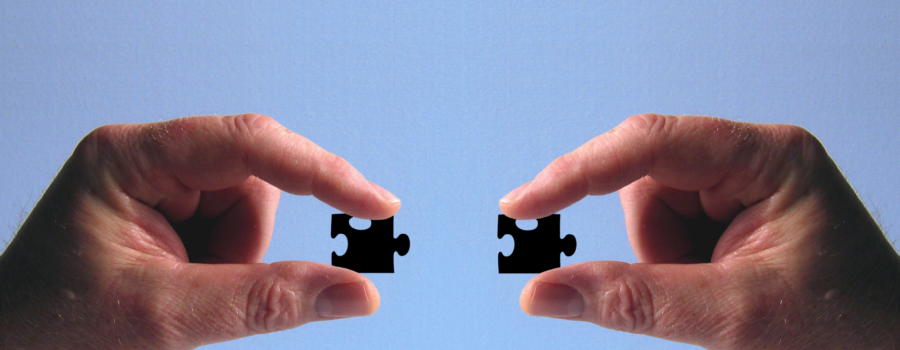I learned a valuable lesson when I was a Liaison Officer for the US Ambassador in Micronesia. I was a junior officer in the Navy on a 6-month assignment to brief the Ambassador of military operations in the country and set-up construction projects throughout the various islands. The partnership between the US and Micronesia is a strategic one because the sovereign land or islands span multiple time zones and the ocean surrounding them is not international waters.

I was not aware of the lesson I learned at the time until I reflected afterward on why I was successful there. I had made such an impact there that I still received calls for advice even after I got out of the Navy. I believe the reason was my ability to effectively communicate and listen to the people there.
Learn the Language
One of the first things I did when I got there was to learn the local language. I would practice with coworkers on how to say some simple phrases and make small talk. Learning Pohnpeian proved rewarding because soon after I started being able to ask people how they were or what they did last night, I was able to communicate with more people. My favorite phrase to ask was where are the coconuts: ya uhpw ko? I would drink at least 1 fresh coconut a day—miss that!

The locals knew I was interested in learning the language and the culture, which led to more opportunities for construction projects. The navy was able to provide the labor by use of the Seabees to build projects on the islands and enhance relationships. The challenge we had was logistics: it was difficult to get construction materials to the project sites. By being able to effectively communicate with the local population and build rapport, I was able to get more and more potential projects with materials for our workers. One of the highlights was working with a Senator to build an additional wing at the hospital.
Soon after I had gotten more projects on the island I was assigned could execute, I started getting sent to other islands to set-up more projects. I was in talks to build infrastructure for the Micro Games (their version of the Olympics), setup projects in Ulithi, worked with another government agency USAID, had our underwater construction team fix ports, and worked with the Dean of Colleges to build stuff for their schools.


Listen
Listening to what the local people wanted was just as important as communicating. The local political advisor that I worked with at the Embassy said I was the first person to ask what they wanted. Too often people would come in and say you need this, or you need that and not really understand what they wanted. I did not realize until after I had returned to the United States many months later, but what a valuable lesson. Too often we try to tell people what they want instead of listening to what they actually want.

Helping the political advisor proved very useful during that time because at one point I was stranded in Guam while island hopping. There were no seats available on the United Airlines flights for a month. I had been on the phone all day with the Navy’s travel service and even called United to express to them the importance of me getting back to the Embassy in Pohnpei to continue my work. With no luck I told the political advisor at the Embassy the next day that I was not able to return until the next available flight in a month. She told me to hold on while she made a phone call. Within 5 minutes after a phone call, she got me a seat on the next flight. I am not sure how she did it, but it must have been a connection at the airline. Even the officers at our HQ in Guam were shocked that I got on the next flight.
Conclusion

No matter what field you work in, I believe the lesson of this story can be applied. Have you ever caught yourself trying to tell someone what they needed instead of listening to what they wanted? I believe we all have at some point, but maybe next time think of this story and think maybe I should be asking this person what they want or need. If we do this more often, I believe more doors will open.

